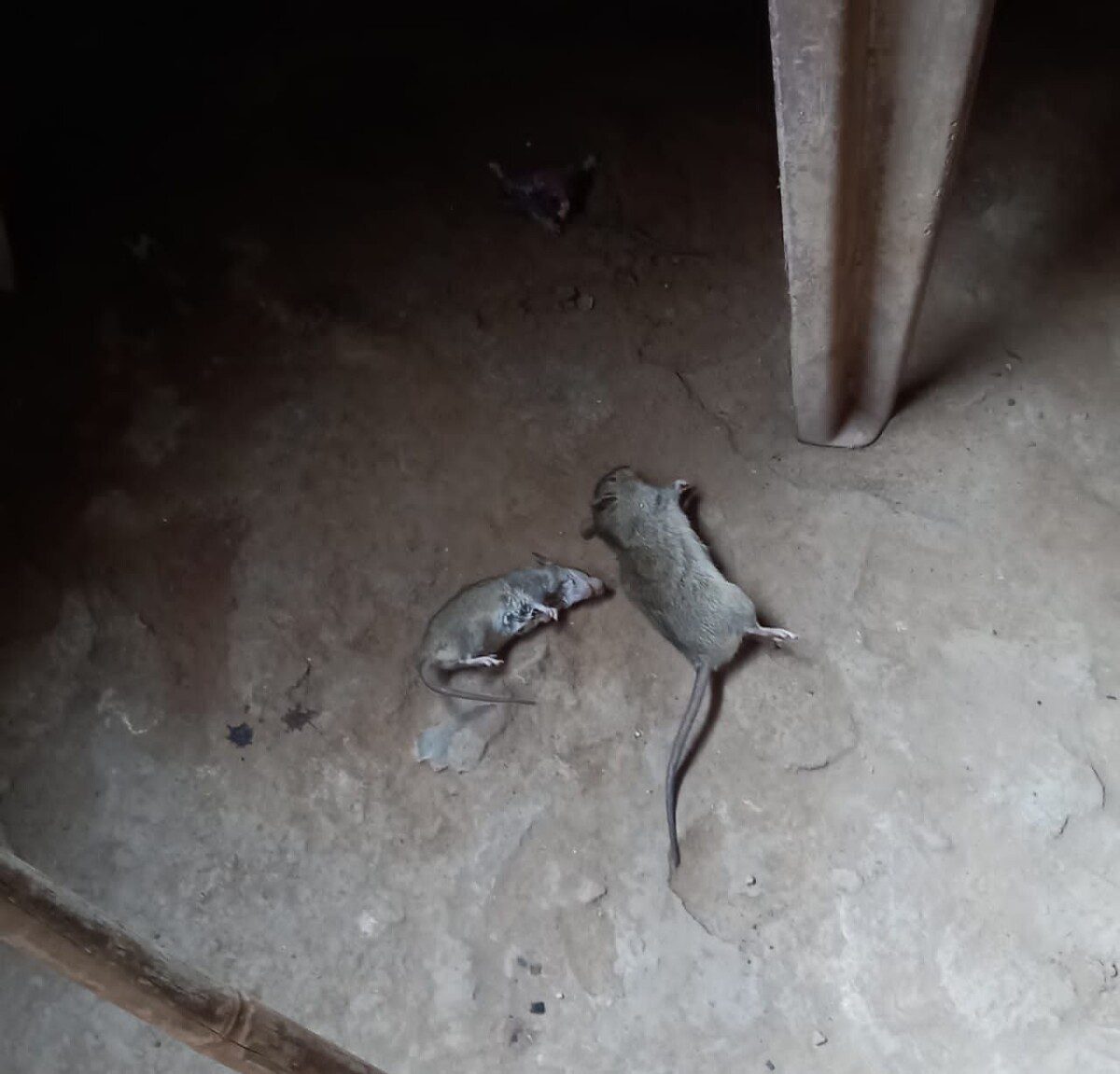
An unusual wave of rat deaths across agricultural schemes and residential neighborhoods in Gezira State has stirred public-health fears, with residents reporting carcasses piling up each morning and stray cats feeding on them—and, in some areas, behaving aggressively.
Community warnings are circulating urging people not to touch the carcasses and to bury or incinerate them safely, while avoiding contact with feral cats. Locals say the phenomenon has persisted for roughly two weeks without a clear official response.
In Al-Hasahisa, resident Abdelqader Wansi said many suspect the use of potent rodenticides in farms and urban areas. Beyond environmental risks, he added, the dead rats have become a food source for street cats—even inside villages—raising anxiety about rabies-like aggression.
Hamza Al-Tahir, recently back in Wad Al-Haddad, said the die-offs have been observed in more than 106 villages that already face gaps in sanitation and basic healthcare. He voiced concern that expired pesticides and fertilizers circulated during the war period might have entered the environment, or that other toxic remnants of the conflict are to blame.
Veterinarian Younis Al-Halawi cautioned that soil contamination from decomposing human or animal remains could be a factor, as could mass poisoning if rodents consumed chemically treated crops or waste. He urged the Agriculture Ministry to sample soils and test for toxins and banned pesticides, especially in and around cultivation schemes where rat populations are dense.
Residents are calling for swift, transparent testing and clear guidance on safe disposal of carcasses to prevent potential outbreaks, as flies, mosquitoes and other vectors thrive in the current conditions. Until then, they’re being advised to avoid handling dead rodents, keep children away from affected areas, and report aggressive animals to local authorities.




